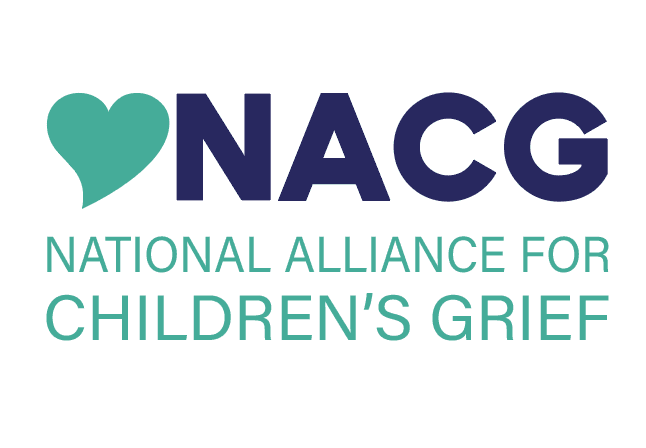Navigating the complexities of grieving the loss of a loved one involves acknowledging that difficult emotions are a natural part of the process. Releasing such emotions requires one to willingly let go of attachments to the past or expectations for the future and embracing the present moment. Here are some tips to help you navigate the path toward healing...
When we think of self-care in grief, it may not initially make sense. We might ask ourselves, how can we take care of ourselves when grief is so overpowering? How can we focus on ourselves when our focus should be on the loss experienced? How can we take care of ourselves when there are a million other things to do? Just as we are reminded on every airplane flight, you have to put your mask on first before helping someone else. In this article, we will explore different strategies that can be used to reduce stress, anxiety, and help ground ourselves when feeling overwhelmed by complicated emotions.
Parents and caregivers often need support themselves when caring for children after a loss. In responding to a loss or crisis, whether it’s a death, natural disaster, violence, or trauma children and their families can benefit from the following information as a guide for conversation, and support, during times of need.
It is estimated that over 600,000 children missed one or more days of school due to fear of bullying or intimidation by other students (CDC, 2015). When a child is grieving, they are more vulnerable to bullying as they may display emotional and behavioral changes at school when processing their losses. Here are some tips for parents and adults to provide practical and emotional support to a grieving child by recognizing signs of bullying.
The Holiday Season is sometimes difficult and often filled with emotional stressors, even during the best of times. For those of us who have suffered the death of a loved one, the holidays may seem especially complicated and can be filled with ambivalence and mixed emotions. Anticipation of a new experience, like the first holiday after a death, or familiar rituals that remind us of our loved ones, can be overwhelming.
Many bereaved families have found unique, and meaningful, ways of remembering their loved one during the holiday season. Here are some ideas which have helped others and may provide additional support.
The holiday season is a special time for families and communities; however, it can be challenging for those who experienced the loss of their loved ones. Grief is constantly evolving and, at times, can be an unpredictable process and fortunately there are activities a person can do to help themselves or others get through this potentially painful period of time.
The beginning of a new school year can be stressful and overwhelming for children, families, teachers, and counselors, especially for those who have lost a loved one. This article provides tips and strategies as to how you can support a grieving child as they return to school.
Neurodivergence is a term to define brains that function differently in more ways than is considered standard or typical. When experiencing the loss of a loved one, people with neurodivergent brains are not exempt from intense emotions prompted by grief, and they are likely to express their grief differently than a neurotypical individual. To better help your child and loved ones navigate their grief process, it is important to familiarize yourself with neurodivergent responses to loss.
When someone you care about is grieving after the loss of a loved one, it can be hard to understand how to best console them. By learning how to lend support, you are creating a safe place that can help your family and friends know they are not alone while they are grieving. Here are some tips on how you can help those you love after a loss...
Losing a loved one can be overwhelming and emotionally fraught for individuals and families. When a loved one dies, we do not forget about or compartmentalize their memory. Instead, we slowly find ways to redefine our relationship with the loved one who has died, allowing for a continued bond with that person.
The silence that comes with losing a loved one can be overwhelming and uncomfortable for many. Not just those who experienced the loss, but family and friends attempting to provide support during grief. How then can we connect with those grieving a loss in silence? Here are some recommendations to keep in mind as you seek to support those suffering.
It is natural to ask yourself "what if" after a loss. Traumatic or sudden losses can amplify thoughts and feelings of grief. When the past becomes your primary focus, it can leave you feeling stuck in your grief and deter healing, potentially leading to depression and anxiety.
It is natural for many people to place certain expectations on what the experience of loss should be or what grief should look like. There may be a sense of relief that comes from predicting what is next or when the painful emotions will subside; however, most of us are unprepared for what the grieving process holds.
As you work through the grief you feel after the loss of a loved one, you may encounter some situations where you choose to disclose your loss. No matter where you are in your grief process, these moments may be emotional.







